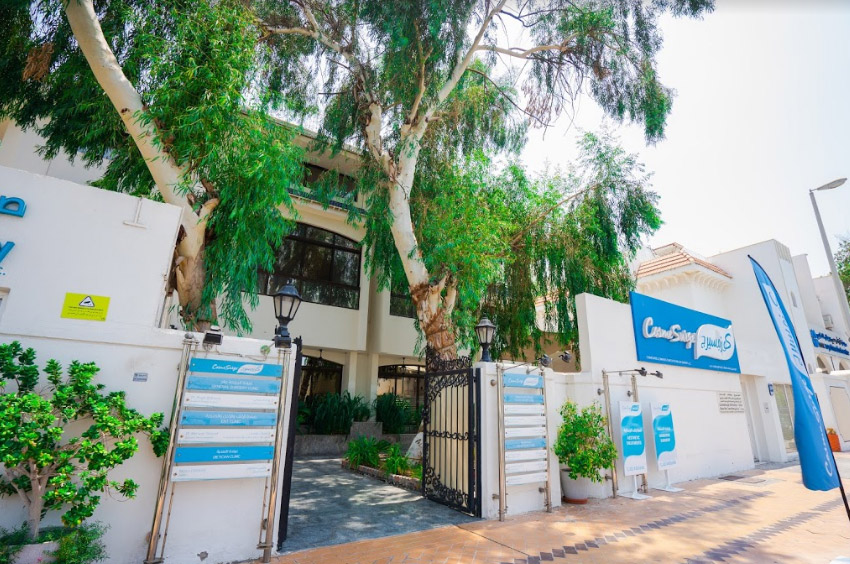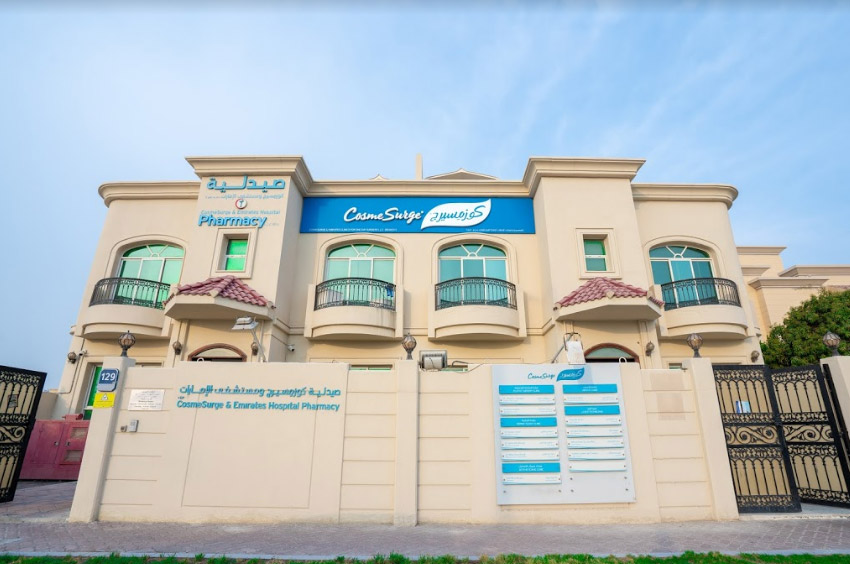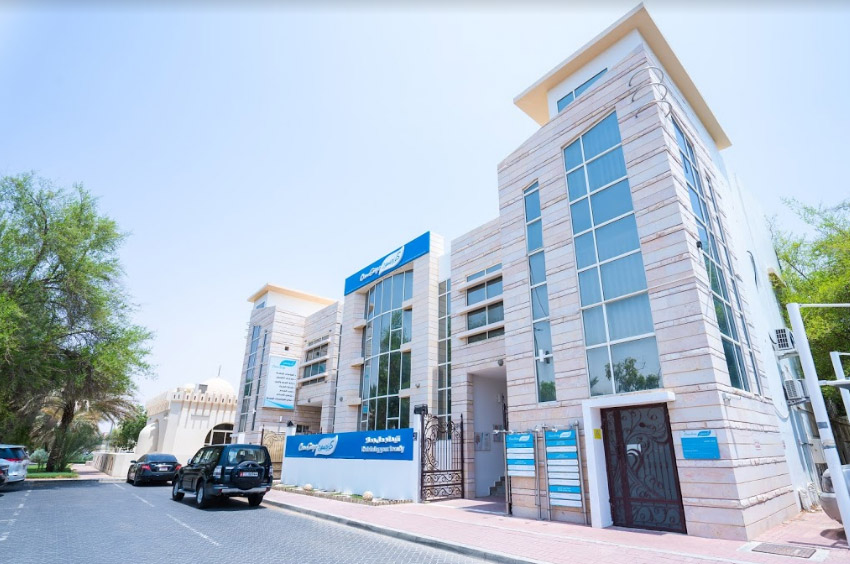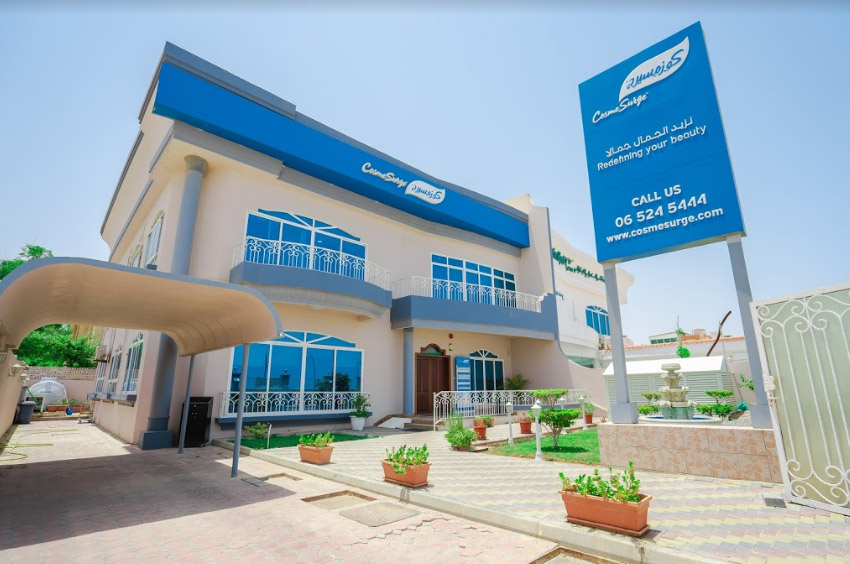SLEEVE GASTRECTOMY SURGERY (BARIATRIC SURGERY)
Are you tired of trying endless diets and exercises that don’t work? Are you ready to take a step toward improving your health and quality of life? The sleeve gastrectomy procedure could be the solution for achieving your weight loss goals.
What is Sleeve Gastrectomy Surgery?
Sleeve gastrectomy, also known as gastric sleeve surgery, is a type of bariatric surgery designed to help with significant weight loss by reducing the stomach’s size. During the procedure, a large portion of the stomach is removed, leaving a sleeve-shaped, tubular structure. This not only limits the amount of food the stomach can hold but also removes the portion of the stomach that produces ghrelin, the hormone responsible for stimulating hunger.
Benefits of Gastric Sleeve Surgery
Gastric sleeve surgery provides numerous benefits for individuals struggling with obesity:
- Sustained Weight Loss: By reducing stomach size and appetite, patients can experience substantial long-term weight loss.
- Improved Health: The procedure helps alleviate obesity-related conditions, such as type 2 diabetes, high blood pressure, high cholesterol, and sleep apnea.
- Enhanced Quality of Life: Increased energy levels, better mobility, improved self-esteem, and reduced anxiety or depression are commonly reported after surgery.
Additionally, the procedure offers a simpler, less invasive alternative to other bariatric surgeries, with lower risks and quicker recovery times.
Are you wondering if gastric sleeve surgery is right for you? Consult with the best sleeve gastrectomy surgeon in Dubai and Abu Dhabi at CosmeSurge today!



















